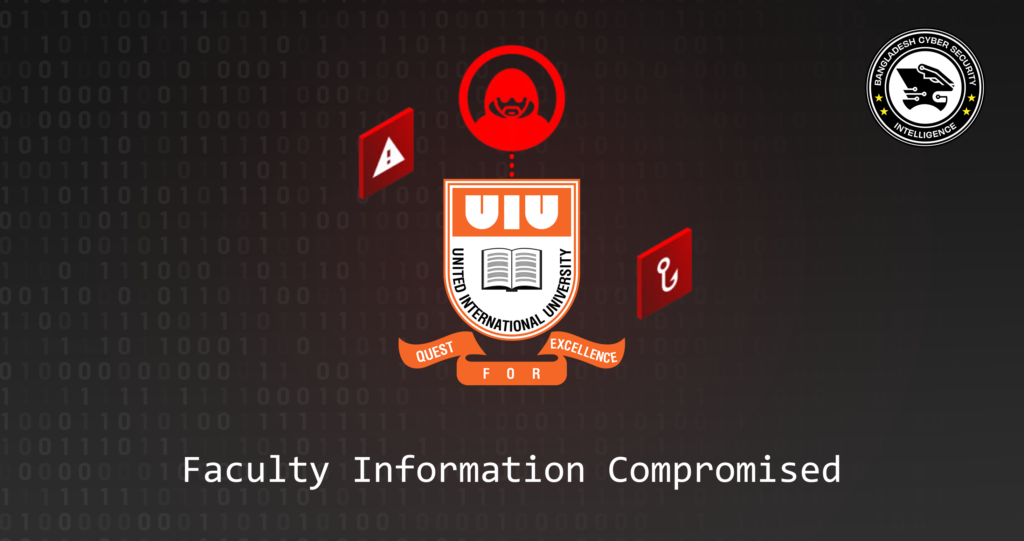
Incident Overview:
In the early hours of January 19, 2024, a concerning revelation shook the cybersecurity landscape: a post surfaced advertising the sale of login credentials directly extracted from a database associated with TranscomBD, a significant conglomerate in Bangladesh. The post claimed access to sensitive information belonging to 5,991 employee users, alongside 10,000 employee entries devoid of passwords. Additionally, the sale included access to an admin panel, intensifying the gravity of the situation.
Nature of the Breach:
The breach’s nature unveils a distressing reality of cybersecurity vulnerabilities within corporate infrastructures. It suggests a lapse in TranscomBD’s database security protocols, allowing unauthorized access to a vast array of employee information. The presence of an admin access panel indicates a systemic failure in access control mechanisms, posing a severe threat to data confidentiality and integrity.
Implications of the Breach:
The ramifications of this breach are multifaceted and far-reaching. Firstly, the compromised personal and professional information of nearly 6,000 employees raises significant privacy concerns. With access to sensitive details such as full names, company affiliations, contact information, and even passwords, affected individuals face heightened risks of identity theft, financial fraud, and targeted cyberattacks. Furthermore, the potential exposure of 10,000 employee entries exacerbates the scope of the breach, amplifying the vulnerability of TranscomBD’s entire workforce. Beyond individual implications, the breach tarnishes the conglomerate’s reputation, eroding trust among stakeholders and potentially leading to legal repercussions and financial losses.
Mitigation Strategies:
In response to this alarming breach, immediate and comprehensive mitigation strategies are imperative to minimize further damage and fortify TranscomBD’s cybersecurity posture. Firstly, the conglomerate must swiftly implement measures to contain the breach, including isolating compromised systems and revoking access to unauthorized parties. Simultaneously, TranscomBD should engage forensic experts to conduct thorough investigations, identifying the root causes of the breach and assessing the extent of data compromise. Subsequently, robust cybersecurity protocols must be reinforced, encompassing stringent access controls, encryption mechanisms, regular vulnerability assessments, and employee training programs to cultivate a culture of security awareness. Additionally, affected individuals should be promptly notified and provided with guidance on mitigating potential risks, such as changing passwords and monitoring financial accounts for suspicious activity. Finally, TranscomBD must collaborate with regulatory bodies and cybersecurity authorities to ensure compliance with data protection regulations and facilitate transparent communication with stakeholders regarding remediation efforts.
Conclusion:
The TranscomBD database breach serves as a stark reminder of the ever-present cyber threats facing organizations worldwide. Beyond the immediate repercussions, this incident underscores the critical importance of proactive cybersecurity measures and robust incident response strategies in safeguarding sensitive data and preserving organizational integrity. By leveraging this breach as a catalyst for comprehensive security enhancements, TranscomBD can emerge stronger and more resilient, instilling confidence among stakeholders and mitigating future risks in an increasingly volatile digital landscape.


